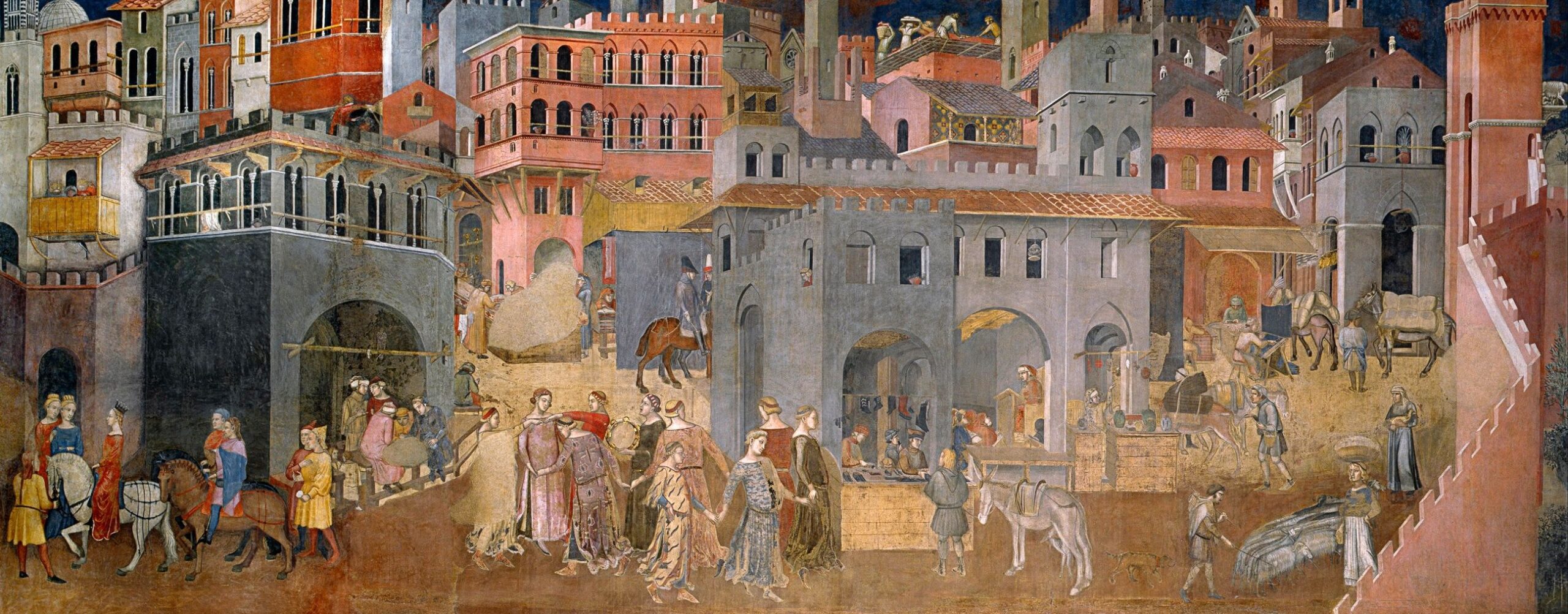On the last day of September, a judge in Georgia struck down the six-week abortion ban that was imposed on the state two years ago, following the Supreme Court’s 2022 decision to overturn , the landmark opinion that granted reproductive freedoms to pregnant Americans for fifty years. The judge, Fulton Country Superior Court Judge Robert McBurney, called the ban unconstitutional. He wrote: “It is not for a legislator, a judge, or a Commander from to tell these women what to do with their bodies during this period when the fetus cannot survive outside the womb.
” Absorbing this news (Georgia will appeal the judge’s decision), I thought—as I’ve thought many times this century—about the system of justice that prevailed in another country, in a distant, golden age: the Italian city-state of Siena, seven centuries ago. The governance of that republic was so fair-minded and so respected that the Sienese people had frescoes made to honor it. The frescoes, painted by Ambrogio Lorenzetti, still can be seen today on the walls of Siena’s city hall, the Palazzo Pubblico.
This month, at New York’s Metropolitan Museum of Art, an exhibition opens that showcases art Lorenzetti and his peers made during this flourishing moment in their city’s history: . But to see Lorenzetti’s frescoes and absorb their civic lesson you must travel to Italy and stand in the room where they are painted. I did so, by accident, many years ago.
I have never forgotten. * Siena rises from the gre.


















